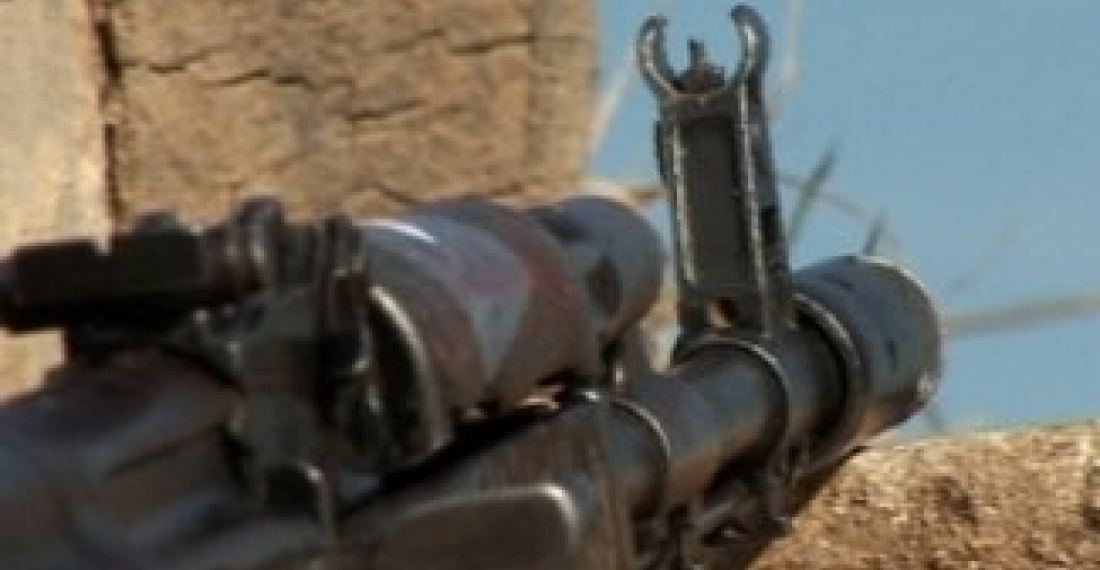Несмотря на призывы со стороны сопредседателей МГ ОБСЕ и других международных представителей на линии соприкосновения Азербайджанских и Армянских сил стороны продолжают взаимные обстрелы позиции. Стороны все чаще используют тяжелые вооружения.
Как сообщают азербайджанские источники, минувшей ночью Армянские вооруженные подразделения, используя крупнокалиберные пулеметы и 60 и 82-мм минометы, на различных участках фронта за сутки нарушили режим прекращения огня 86 раз.
Как сообщили АПА в пресс-службе Минобороны, армянские вооруженные подразделения с позиций, расположенных в селе Довех Ноемберянского района Армении, подвергли обстрелу позиции ВС Азербайджана, расположенные в селе Кемерли Газахского района, с позиций, расположенных на безымянных высотах Красносельского района Армении, были обстреляны азербайджанские позиции на безымянных высотах Гядабейского района.
По данным армянских источников за ночь было зарегистрировано около 160 нарушений, при этом противник использовал помимо стрелкового оружия различного калибра, также минометы.
Эти нарушения происходят в момент, когда международное сообщество пытается перезапустить мирные переговоры по разрешению конфликта вокруг Нагорного-Карабаха.
источник: commonspace.eu по материалам агентств






